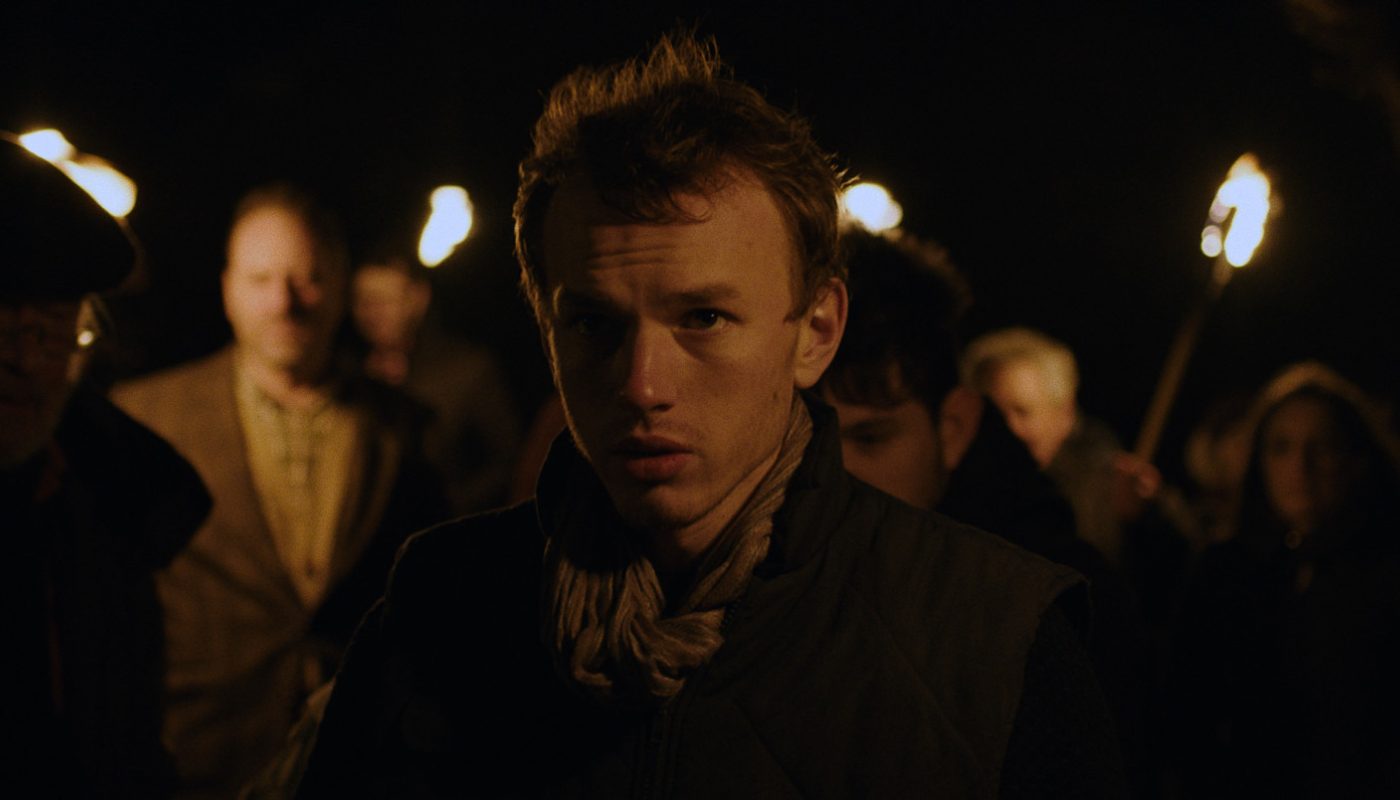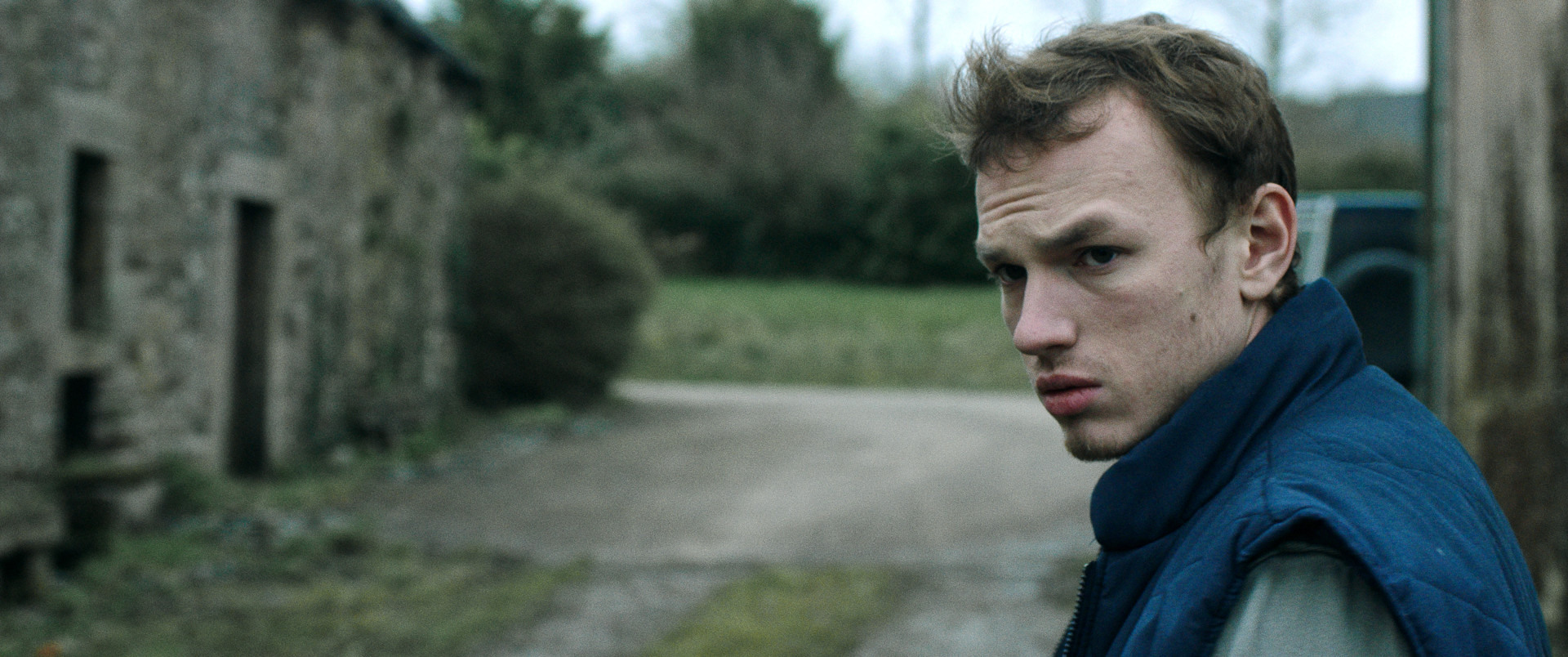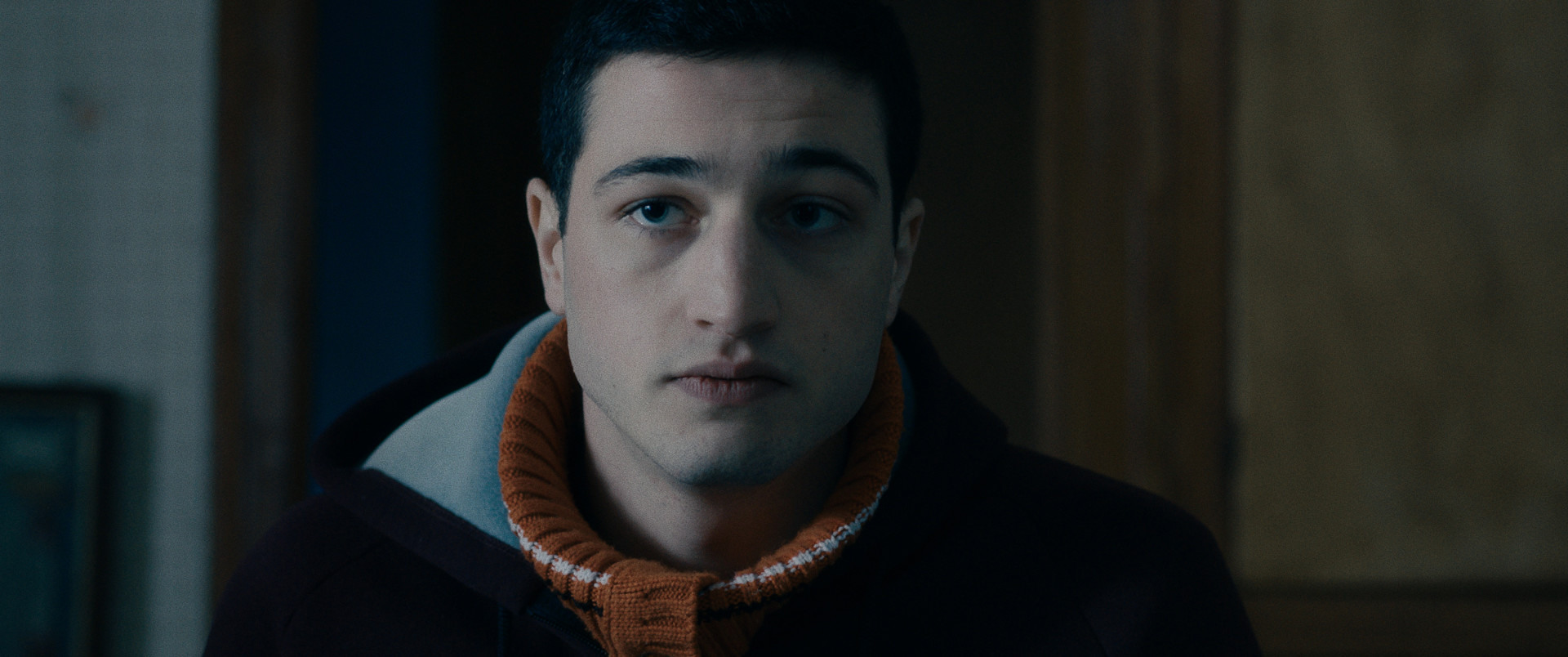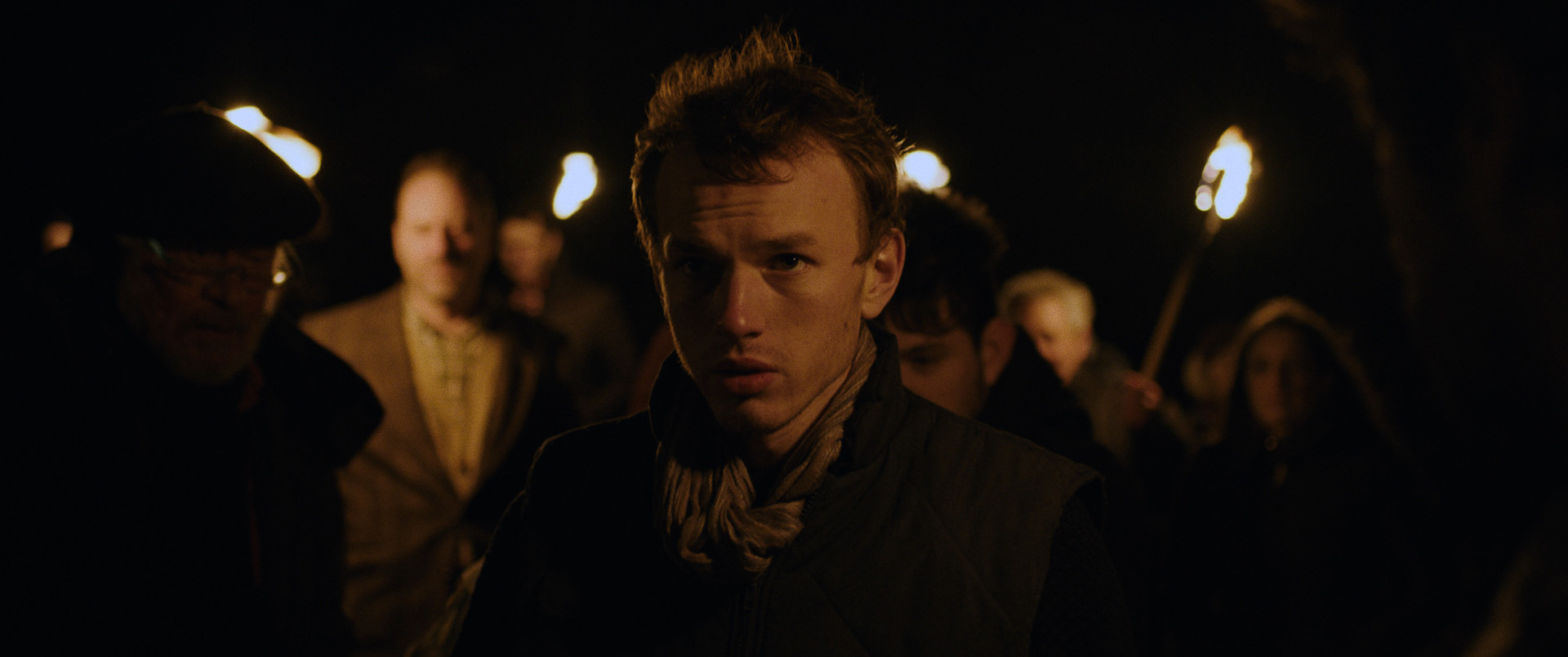

Case Study: And then, the silence
Lucas Trochet tells us everything about making his father-son drama
Geplaatst op 3 september 2021With his short drama And then, the silence Lucas Trochet focuses on a hard working man, waiting for the recognition of his father. The French director tells us about creating his story, and the obstacles he came across while filming.
"The artistic part of the project is always a sensitive part."
Painful budgetary constraints
"The idea first came from my personal experience with my family, and second from the reading of Abel & Cain's myth which is a story about jealousy between two brothers.
The writing process took five years. At the beginning, I wrote a first script draft by myself, then I met a screenwriter with whom I reworked the script’s architecture (character's path). I was ready to shoot this first version, but two weeks before the shooting, we didn't have enough budget to shoot the movie I had in mind. That’s why I looked for a production company to access national subsidies.
A second writing phase then started with another screenwriter, the production company and feedback from the CNC (Centre National du Cinéma). All in all, we wrote six different versions of the script. Two weeks before the shooting, I had to make cuts in the script, again because of budgetary constraints, because I had six days for shooting, instead of ten. It was painful for me because budget impacted the movie’s structure.

Building the screenplay
"My starting point to write is images; pictures of scenes I want to shoot. These images define the movie's atmosphere. The trap with this process is that there is a risk you get too far from the story’s core. Working with screenwriters helps me not distancing myself too much from the story.
Once my script was validated, the DOP arrived quite early into the project. Talking with him was simple because my own creative process is visual. I showed him a lot of pictures I gathered for the project (a visual moodboard with setting, landscapes and intentions for clothing). Then, we talked about the shotlist together. The artistic part of the project is always a sensitive part with the producers, because creative intentions face budget realities and call for arbitrations that can be difficult for the director.
To find the right actors, I worked with a casting director. The casting process was quite smooth. I willingly avoided casting non-comedians because we did not have enough time to look for them. As regards the crew, it's a mix of professionals I wanted to work with because I appreciated their work and professionals recommended by my producers. The number of shooting days was mostly determined by the film's budget and defined by the first assistant director. Her job was sensitive because she often had to ‘say no’ to me, because of budgetary constraints. The film funding is a mix between subsidies from French regions, televisions, the CNC and Adami (for comedians)."
Accident on set
"Overall I got along well with my producers. The shooting period was more stressful for me as a director, and they were very present at my side during the shooting. The shooting was complicated, mostly because we shot many scenes outside, so we faced important light changes that slowed the shooting down.
One anecdote is speaking for itself: for the first sequence of the film, we were shooting in a farm, with a storm and several sheep, close to a barn. While we were shooting, two bales of straw fell down close to the sound operator and nearly hurt him bad. We had to stop shooting in order to secure this area. Producers and the first assistant decided to shoot this sequence the day after, which was already a very busy day. It was the best decision for the crew’s safety but impacted the workload (so, the artistic part), and also the crew’s mood because it meant we would work two hours extra."

Watch this short at Shift Film Festival
September 17-19, online.
Finetuning the editing and colors
"The edit took us one month. For me, the danger with the editing process is to edit a version too close to the script or to edit sequences that have nothing to do within the final movie but that we like for aesthetic reasons. I tried to avoid these traps. That’s why I asked the editor to give me a first draft, because she was not present during the shooting, so she had fresh eyes and no affect with the movie. We then worked from this first version together, and finally with the producers.
In my case, the editing process was quite important, we made several cuts. At the end of the editing, we had two versions: one that I defended, and the other preferred by the producers. The difference between them was a sequence with the first character and an old woman, the 'oracle' of the film, who was making a prediction about what would happen later. After a long discussion and a sleepless night, I decided to opt for the version preferred by the producers because it centred the movie around the family topic, instead of following the codes of mythology."
From the beginning, I imagined my film without music. I only imagined using sounds of nature. I wanted my universe to be harsh for the characters. After the editing, I realised that music was necessary to add rhythm to some sequences and highlight the emotions. I worked with a composer to create minimalist music for some moments. In addition, for a sequence showing a traditional religious procession, we used music as a test, and finally decided to keep it."
I wanted to shoot with argentic film at first, for color reasons. We didn't have the budget for that, so we decided to shoot with all optic. During the editing, we worked the photography in order to give it the color and the grain of argentic. All nights we shot are American Nights (shots during the day and corrected after as nights). I wanted to have very dark nights for aesthetic reasons, but the action was not visible enough so we had to adjust the color calibration several times."

Festival selections
"My movie was selected by several festivals, among which the European Film Festival of Brest and Festival Jean Carmet (France), Moscow Shorts (Russia) and Ko:sh Film Festival (Albania).
Promoting my film was complicated this year because of COVID-19, which forced some festival to become 100% online. Festivals are important places to meet with professionals and the audience.
My final advice to a director is to make your movie, whatever it takes!"
(c) All visual material is used with the filmmaker's permission.